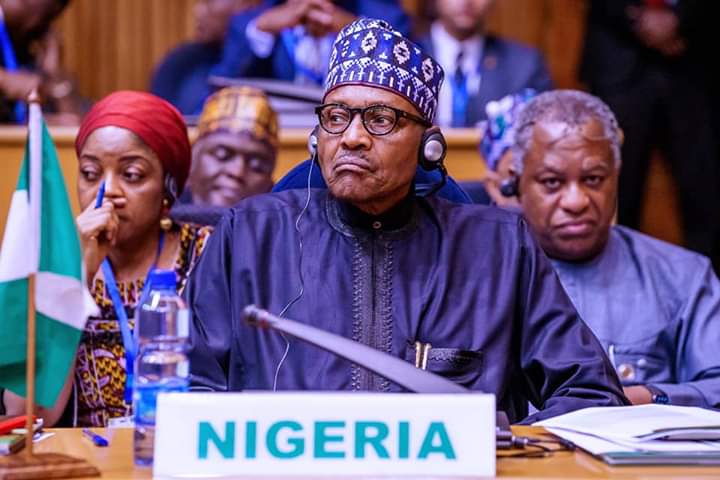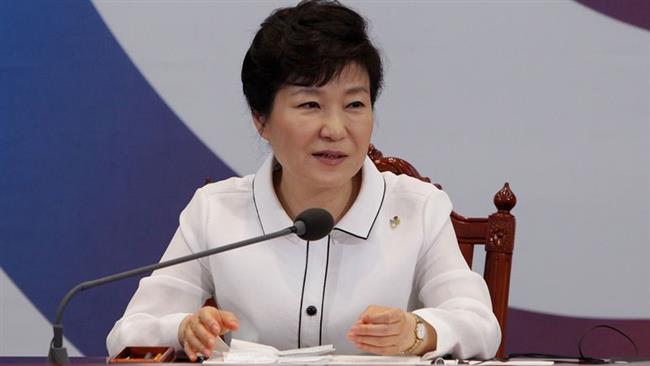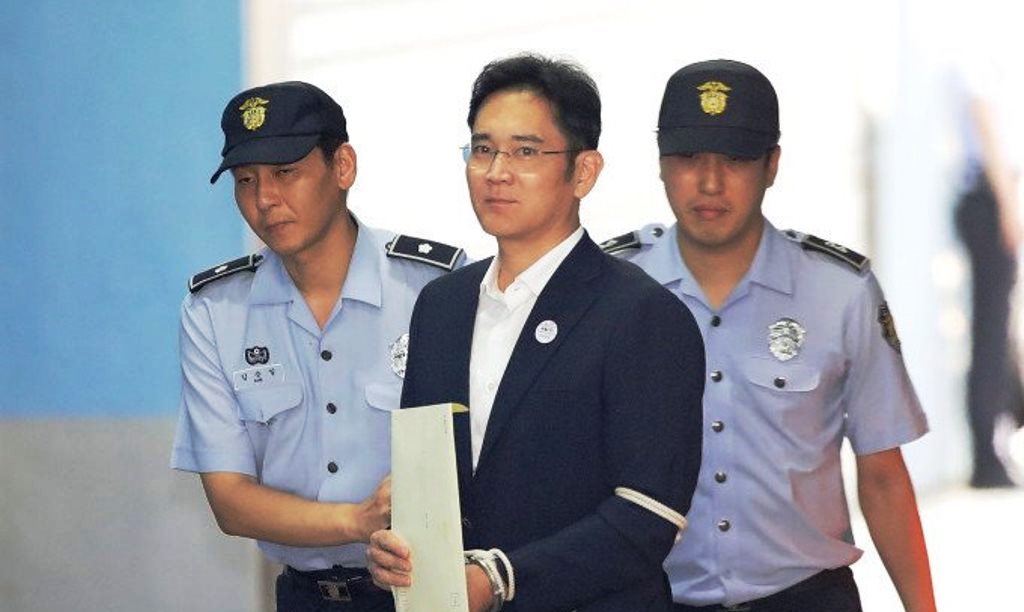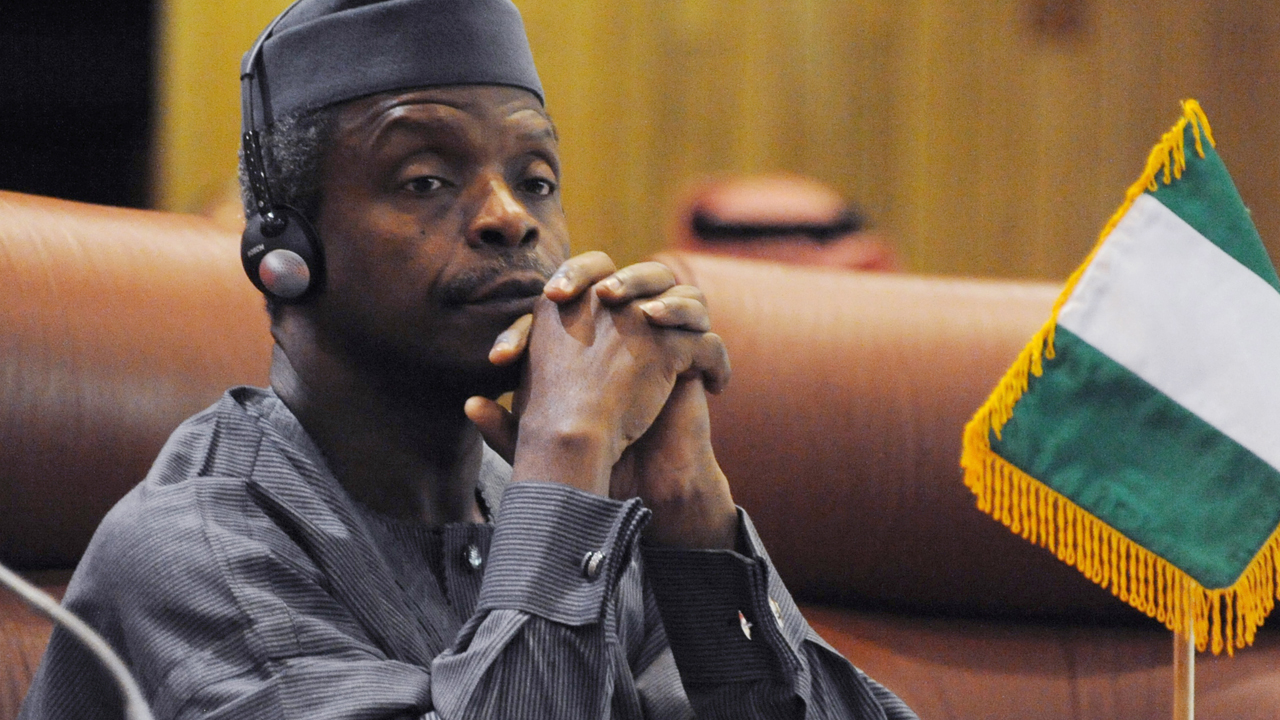Nigeria’s President President Muhammadu Buhari Sunday sent messages to Presidents Hassan Rouhani and Moon Jae-in of Iran and South Korea respectively, and the Prime Minister of Italy, Guiseppo Conte, expressing “deep sympathies” following increasing incidents of the deadly Coronavirus in their countries.
In the messages, President Buhari said the Nigerian government would continue to diligently carry out its duty to the international community by ensuring that the spread of the disease is curtailed.
The President also encouraged Nigerians to continue to show support to citizens of all the countries who are resident in Nigeria.
According to him, “There is no cause for panic. Italy, South Korea and Iran remain Nigeria’s allies in good and bad times.”
Buhari, in a statement issued by his spokesman, Garba Shehu, while commending the three countries on their efforts to contain the virus, expressed confidence that, “with the support of the World Health Organisation and other global agencies all working together to contain the virus, it will only be a matter of time before the world sees an end to this disease.”
The Nigerian leader noted that, “So far, there have been no known cases of the disease on Nigerian soil, but for the penetration of a lone foreign national found to be a carrier of the virus.”
He also commended the diligent efforts of federal, state health officials as well as ports and border personnel in keeping Nigeria safe from the epidemic.
In fulfillment of the President’s promise to give the health authorities all that they need to keep Nigeria clear of the virus, the Ministry of Finance, Budget and National Planning confirmed making the second approved payment in the sum N620 million last Friday, bringing the total payments made so far to N984 million.

![[BREAKING] Women’s World Cup: Super Falcons defeat South Korea 2-0](https://thenewsguru.ng/wp-content/uploads/2019/06/Super-Falcons.jpg)



